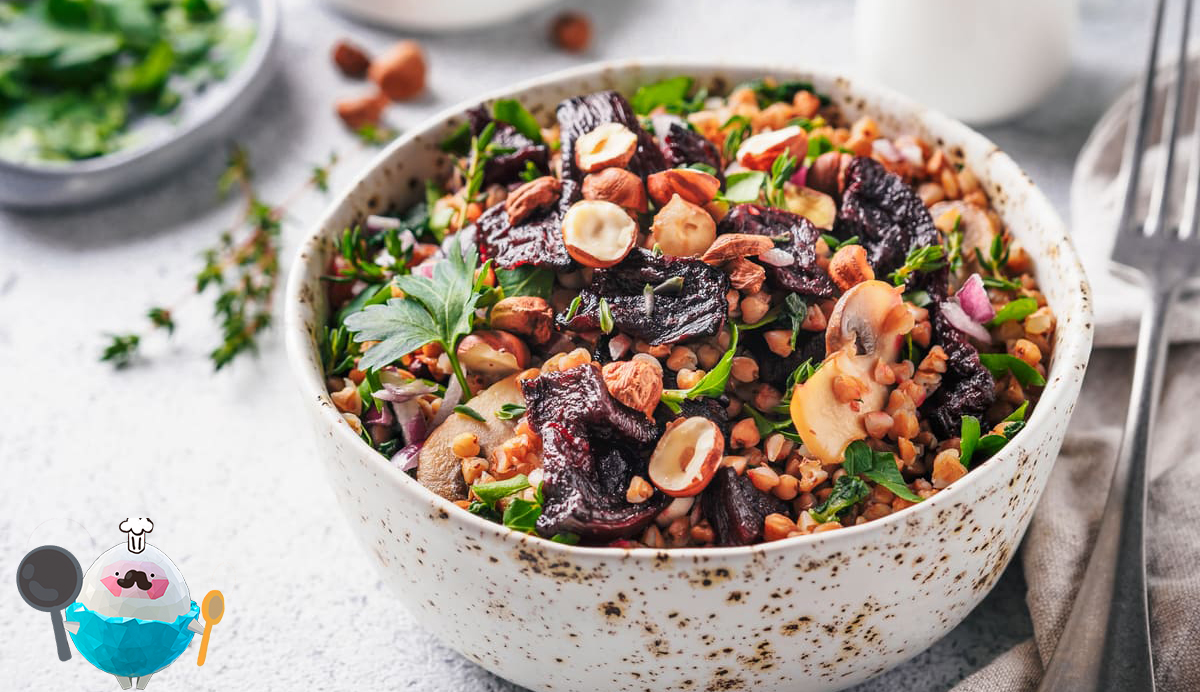5 Superfoods That Help Your Kids Grow Strong
1. Eggs
Image credit: Shutterstock
Eggs are a great source of protein and fat for kids and are especially beneficial for babies, ages 6 to 9 months. Eggs are rich in B vitamins and contain some vitamin D, which is not commonly found in food sources.
Eggs are super versatile, so try out different preparations to serve them to your child: scrambled, pan-fried, in a veggie-loaded omelette, or in little egg bites. You can send hard-boiled eggs in a Tupperware container (with an ice pack!) in addition to school lunches.
2. Avocado
Image credit: Thinkstock
Avocado is a great source of Vitamin E, providing 6% of the recommended daily value, in addition to high levels of folate, fat, fiber and potassium. While the percentage seems low, avocado is a great source of Vitamin E because you can manipulate it in many ways. Blend it into a smoothie, smash it onto a sandwich with their condiment of choice, or just give kids half to eat with a fork.
The bright green color is likely to attract the pickiest eater, and young ones will love playing with soft meat. Not to mention, the creamy consistency makes it easy to feed this to toothless babies and kids.
3. Salmon
Image credit: Thinkstock
Salmon is high in heart-healthy omega-3 fatty acids, which are essential fats that your little one needs for their development. Omega-3s are most easily absorbed into the body when derived from fish and seafood sources. Salmon is also lower in saturated fat than other omega-3 sources, like red meat.
Fish can be fairly daunting for kids, especially picky eaters. Baking a salmon filet in familiar spices and herbs tames the fishy taste of an already mild salmon. For those who are already fish-eating pros, try substituting salmon in a tuna fish sandwich. Using grilled salmon as a substitute for chicken in tacos or burrito bowls is also a great way to incorporate fish into meals for your kids to try.
4. Yogurt
Image credit: Thinkstock
Rich in calcium and a good source of protein, yogurt helps build strong bones and teeth. It may also aid digestion and fight bad bacteria in the gut.
"Buy plain low-fat yogurt and add your own fresh or frozen fruit to it," recommends Iserloh. "That way, you'll avoid the sugar that's in flavored yogurts. It's so creamy and comforting that most kids go for it."
5. Oats
Image credit: Thinkstock
These mild-tasting whole grains prevent blood sugar spikes and crashes, keep you feeling full longer, and help your body get rid of bad cholesterol.
Getting enough fiber will help kids grow strong now and in the future, helping to stave off heart disease, keeping them regular, and reducing the risk of obesity. While your kids require less fiber than you, there’s an easy way to figure out their daily requirement: add five to your child's age for the daily number of grams needed.
As you introduce more fiber into your child’s diet, oats are a great place to start. They can be found in many organic, low-sugar cereals, as well as in the usual foods like oatmeal and granola.
Credit:
Dana Dubinsky (babycenter.com)
Rachael Janas (nurturelife.com)
Healthy Heights





